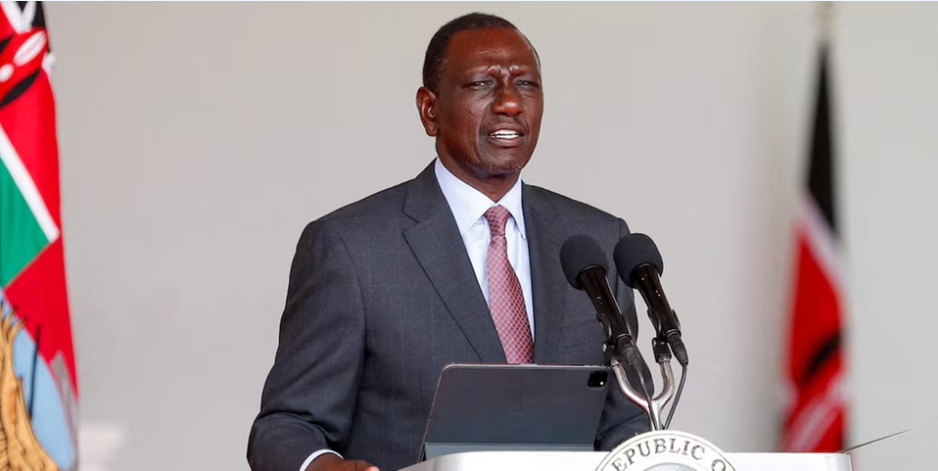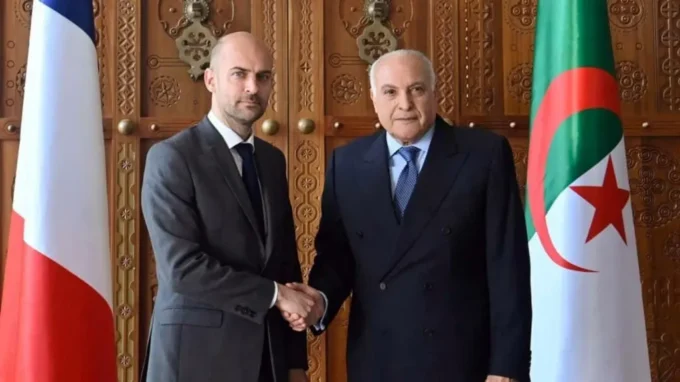Kenyan President William Ruto has called on African banks to embrace and integrate with the Pan-African Payment and Settlement System (PAPSS) to enhance intra-African trade and economic cooperation. Speaking at a regional financial summit, Ruto emphasized that adopting a unified payment system is crucial for boosting trade across the continent and reducing dependence on foreign currencies like the U.S. dollar for transactions between African nations.
The PAPSS, an initiative spearheaded by the African Export-Import Bank (Afreximbank) in collaboration with the African Continental Free Trade Area (AfCFTA) Secretariat, aims to facilitate seamless transactions across Africa by allowing countries to trade in their local currencies. This initiative is seen as a major step toward realizing the goals of the AfCFTA, which seeks to create a single market for goods and services across the continent, fostering economic integration and boosting African economies.
President Ruto’s call comes at a time when African nations are increasingly seeking to reduce their reliance on external financial systems and currencies, which often result in costly and slow transactions. Currently, a significant portion of trade between African countries is processed through foreign banks and conducted in foreign currencies, which can add layers of complexity and cost. The PAPSS is designed to simplify this by providing a direct settlement mechanism for intra-African trade.
In his address, Ruto stressed that the system offers an opportunity for Africa to take greater control over its economic future. “The potential of intra-African trade has always been hampered by the fragmentation of our financial systems,” Ruto noted. “The PAPSS offers us a solution—an efficient and cost-effective payment system that can unlock the immense economic potential of the African continent.”
Ruto encouraged banks across Africa to sign up for the system, noting that the initiative would not only make trading easier for businesses but also benefit financial institutions by increasing the volume of transactions. He underscored the role of banks in driving economic growth, saying they must be at the forefront of supporting this transformation.
“By integrating with PAPSS, our banks will be helping to create a more dynamic and integrated African economy. They have a responsibility to facilitate trade and investment across our borders. The time to act is now,” Ruto urged.
According to the AfCFTA Secretariat, PAPSS is expected to save African businesses an estimated $5 billion annually in transaction costs by eliminating the need for currency conversions through foreign intermediaries. The system has already been piloted in the West African Monetary Zone (WAMZ) and is expected to expand to cover all African countries in the near future.
Despite the potential benefits, challenges remain in ensuring widespread adoption of the system. Financial institutions across Africa will need to upgrade their infrastructure and align with the technical standards of PAPSS. Additionally, regulatory frameworks in individual countries will have to be adjusted to accommodate this pan-African payment system.
Ruto acknowledged these challenges but expressed optimism that African governments and financial institutions would rise to the occasion. He highlighted the importance of political will and regional cooperation in making the PAPSS a success, saying, “For PAPSS to work, it requires commitment from all of us—governments, regulators, and the banking sector. We must work together to break down the barriers that have held back Africa’s economic potential for too long.”














Leave a comment